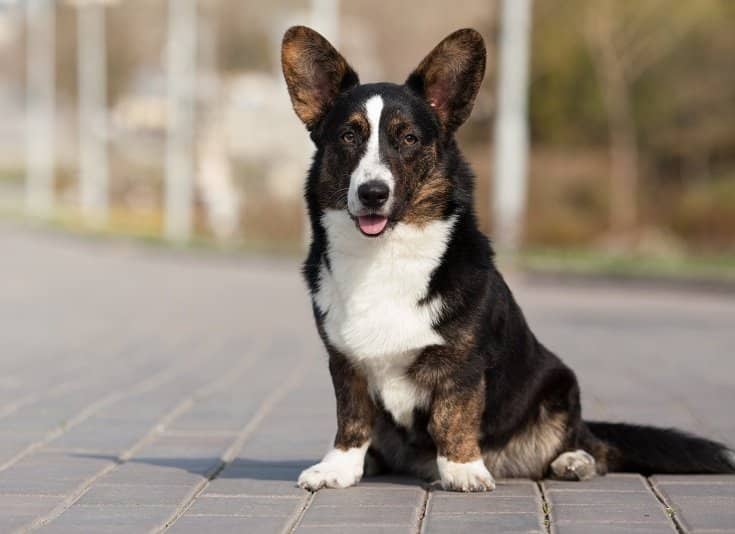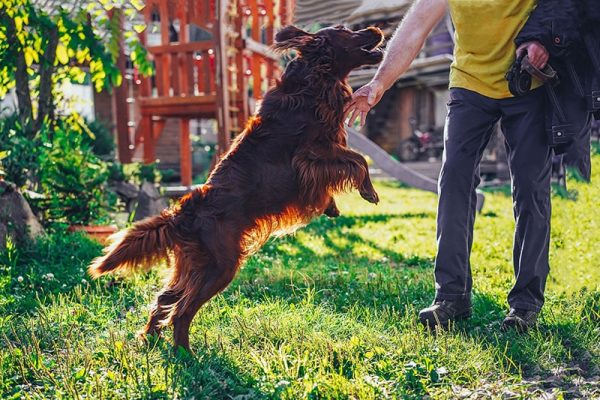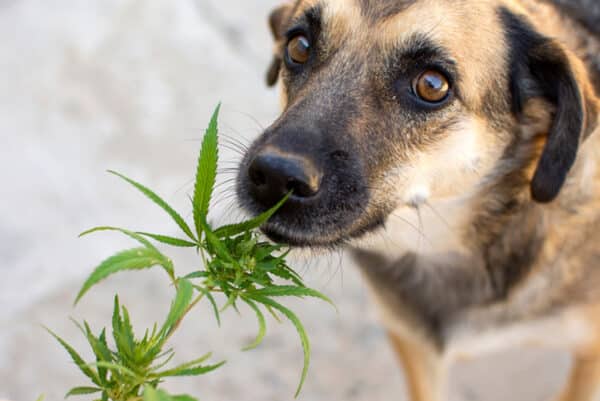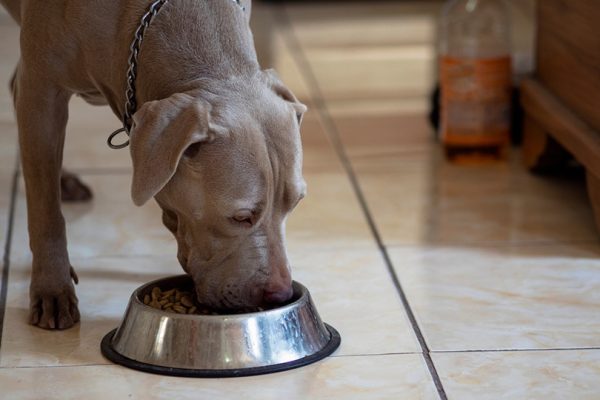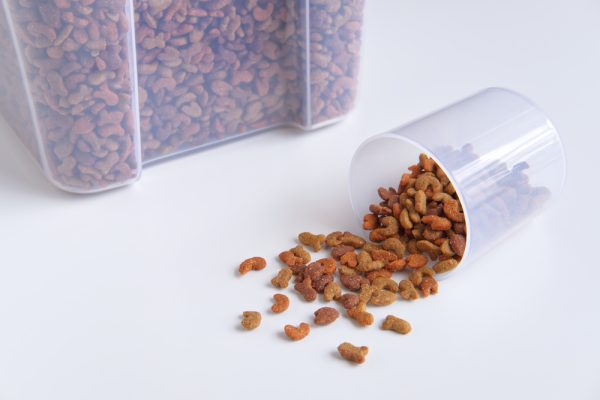In this article
View 8 More +The Cardigan Welsh Corgi’s history goes back thousands of years. This ancient breed originated in Wales. According to the Cardigan Welsh Corgi Club of America, the Celts brought the dog from Central Europe.1 They are related to the German Teckel or Dachshund. You might have also heard of their cousin, the Pembroke Welsh Corgi.
Breed Overview
Height:
10.5–12.5 inches
Weight:
25–38 pounds
Lifespan:
12–15 years
Colors:
White merle, blue merle, black, brindle, sable, red, liver, gray
Suitable for:
Active families looking for a loyal and playful watchdog
Temperament:
Loyal, intelligent, affectionate
This dog’s original job was as a herder. However, genetic research has placed the Cardigan Welsh Corgi in the herding dogs and sighthounds cluster.2 Undoubtedly, the skills of the former came in handy when the Corgi fended off predators trying to attack their herds. More interestingly, the breed’s short stature is the result of a mutational event resulting in the insertion of an extra retrogene which lacks certain parts of the DNA code, resulting in short legs.
Cardigan Welsh Corgi Characteristics

Cardigan Welsh Corgi Puppies
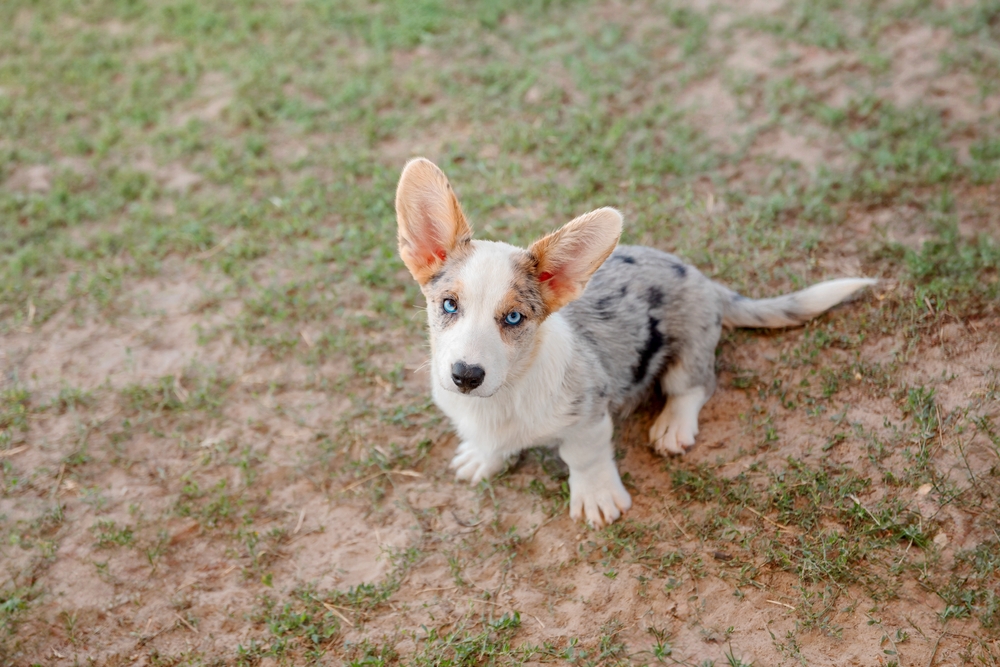
The Cardigan Welsh Corgi isn’t as popular as their cousin, the Pembroke Welsh Corgi. Nevertheless, this intelligent and endearing pup is worth the effort to find. The differences between the two breeds stem from the environment in which they worked. The former herded livestock in rough terrain, and they are stockier with a tail versus the tailless Pembroke, whose tails are docked by the breed’s standard.
Dogster does not support tail docking. We believe it is better to allow Corgis of any breed to communicate with their tails by leaving them to grow naturally.
Understanding your financial commitment to owning a dog is imperative. Your first year will likely be the most expensive since you must get supplies for your new pet. Average annual costs run about $1,200.4 However, this can vary from dog to dog. Regardless, if you’re going to buy one of these Corgis, ensure you purchase from a reputable breeder and get a health guarantee.

Temperament & Intelligence of the Cardigan Welsh Corgi 🧠
The Cardigan Welsh Corgi is a highly intelligent animal. The breed’s original work demanded a dog that could act independently and that knew their job well. Early training and socialization are imperative to direct this breed’s intelligence toward appropriate behavior. This pup is eager to please and makes a delightful pet for families willing to do their part.
This breed has a tendency to bark, which isn’t unusual given their history and size. Herding livestock bigger than them encouraged this behavior, after all. These dogs also have a high prey drive, which comes from part of their history as hunting partners. Awareness of these traits can help with training and cultivating good canine manners.
Are These Dogs Good for Families? 👪
The Cardigan Welsh Corgi is a gentle pet with children. It’s almost as if they understand them. You may even find your pet trying to herd the kids, but we strongly urge you to train them not to do this. Also, teach your children not to try to pick up your dog, as their stature makes them vulnerable to back injuries.
This dog has average watchdog qualities and may be protective over household members, but they are usually open to strangers. Still, early socialization is critical. You should introduce your Corgi to new people and experiences while young. This training will ensure your pet stays adaptable and doesn’t become fearful.
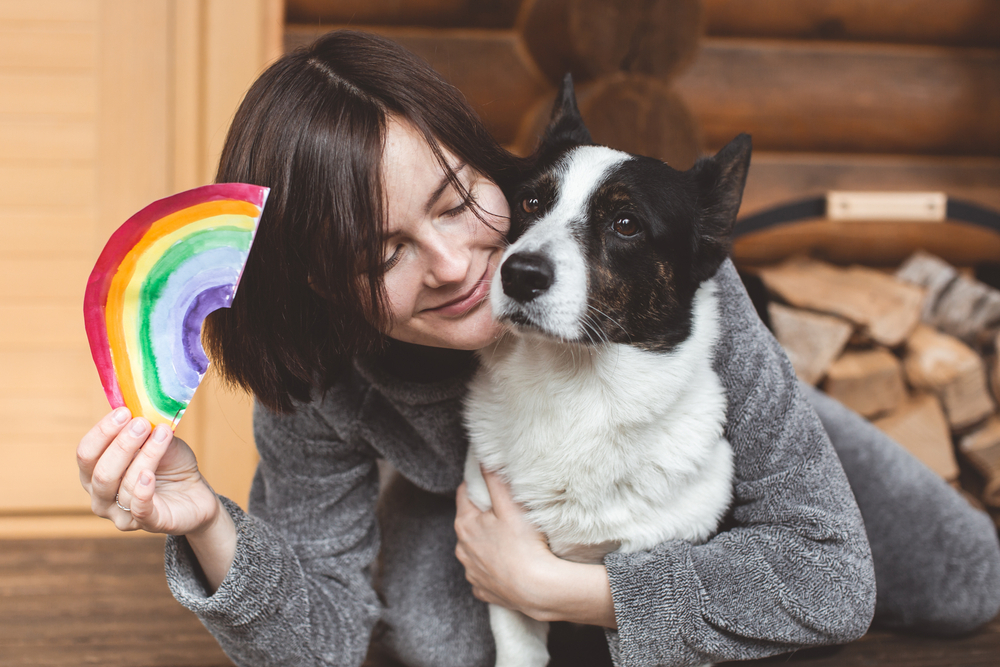
Does This Breed Get Along With Other Pets? 🐶 😽
Due to their background, this dog will likely chase a cat or another pet fleeing the scene. It’s instinctive behavior for this breed. However, introducing your puppy to other household members early can reduce the chances of conflict. Nevertheless, we recommend supervising any contact between your Corgi and other animals.

Things to Know When Owning a Cardigan Welsh Corgi
This pup is an excellent choice if you are new to pet ownership. However, you must take your role seriously and provide them with all the basic necessities.
Food & Diet Requirements 🦴
Offering your Corgi a diet appropriate for their weight and life stage is essential for optimal growth and development. This dog’s size makes them a medium-sized breed. You should feed a puppy three or four times daily, as it will help fuel this breed’s moderate energy levels. We don’t recommend free-feeding your pet, though. It’s difficult to monitor your Corgi’s eating, so it’s better to have set mealtimes.
Once your dog reaches sexual maturity, you can reduce the meals to twice daily. Ensure your pet has fresh water every day. Treats should make up no more than 10% of your dog’s total caloric intake. It’s not that they’re bad; they’re simply not nutritionally complete like their regular diet. We suggest reserving them as training aids to optimize their use. Also, use treats that add some protein to their diet over carbohydrate-based treats.

Exercise 🐕
Corgis are moderately active, making them prone to weight gain. Therefore, you exercise your pet daily, shooting for an hour of activity. A rousing game of fetch can make up some of this time. This pup is playful, so reaching this target should be easy. Walks in the neighborhood provide excellent socialization opportunities and introduce your dog to novel experiences.
Training 🎾
This dog’s high intelligence gives you an edge with training. It helps that this breed is eager to please. This Corgi is moderately sensitive, so you should focus on positive reinforcement instead of punishment. Don’t forget to lavish on the praise for a job well done. We also suggest challenging your pet with interactive games to satisfy their need for mental stimulation.
Corgis aren’t as sensitive to being alone as other breeds. Nevertheless, they do best in active households to keep their attention. Remember that a bored pet is a destructive one.
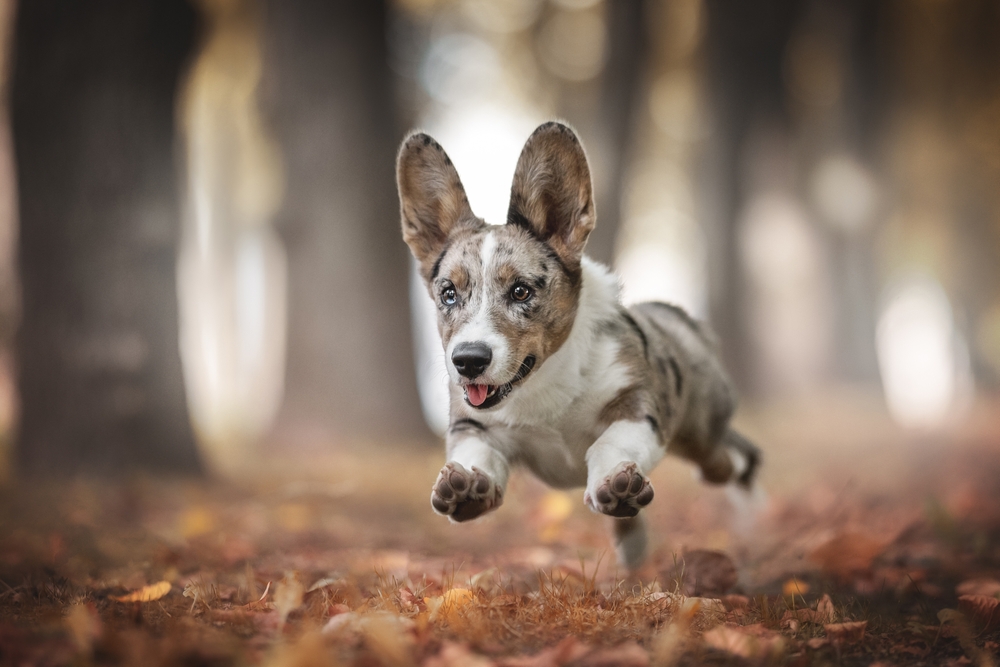
Grooming ✂️
The Cardigan Welsh Corgi has a thick double coat. We recommend weekly brushings. Make sure to look for mats and signs of external parasites. You should also check your pet’s nails and trim them and the hair around their paws occasionally. This breed sheds but brushing can keep it under control.
Health and Conditions 🏥
The Cardigan Welsh Corgi is a healthy breed, but the Orthopedic Foundation for Animals (OFA) recommends health screenings for hip dysplasia, an ACVO eye exam, and a progressive retinal atrophy, rod-cone dysplasia 3 DNA test. Reputable breeders will register the results with the OFA so they can verify them.
Merle dogs may have a higher propensity for health problems, particularly if two pups with this trait are bred. Responsible sellers won’t engage in this practice of producing double-merle Corgis. This situation can increase the offspring’s chances of several hereditary and congenital conditions, including deafness and blindness. We suggest asking the breeder about a DNA test for this gene.
Another of the most critical aspects of owning a Corgi is back issues. Like other breeds with short legs and long backs, Corgis are susceptible to intervertebral disc disease (IVDD). Caution is necessary if you allow your dog to jump up on furniture or if you have multiple levels in your home reached by stairs. It is recommended to install ramps around the house and ensure they use them.
- Ear infections
- Hip dysplasia
- Degenerative myelopathy
- Intervertebral disc disease
Male vs. Female
A male Cardigan Welsh Corgi is heftier than the female. However, it’s a moot point, given the animal’s size. Either sex will make a delightful pet. Diligent training and socialization are essential. It’s worth noting that some breeders may require buyers to neuter or spay their pups. Others only sell animals with the procedure already done.

3 Little-Known Facts About the Cardigan Welsh Corgi
1. The Two Corgi Breeds Were Once Considered a Single One
We’re fortunate to have the Cardigan Welsh Corgi. The American Kennel Club once considered the Pembroke and Cardigan to be a single breed, and interbreeding was permitted for a while. It wasn’t until 1934 that each dog received their own status.
2. The Corgi Is Appropriately Named
The word “Corgi” comes from the Welsh words “cor” and “gi,” which means “dwarf dog.”
3. Being Short Comes in Handy for the Cardigan Welsh Corgi
Being short would seem to be a disadvantage. However, the Corgi’s size is an asset when it comes to avoiding being kicked. Cattle may lash out due to the heel-nipping herding method that this pup uses to control livestock. The small Corgi can avoid getting struck.
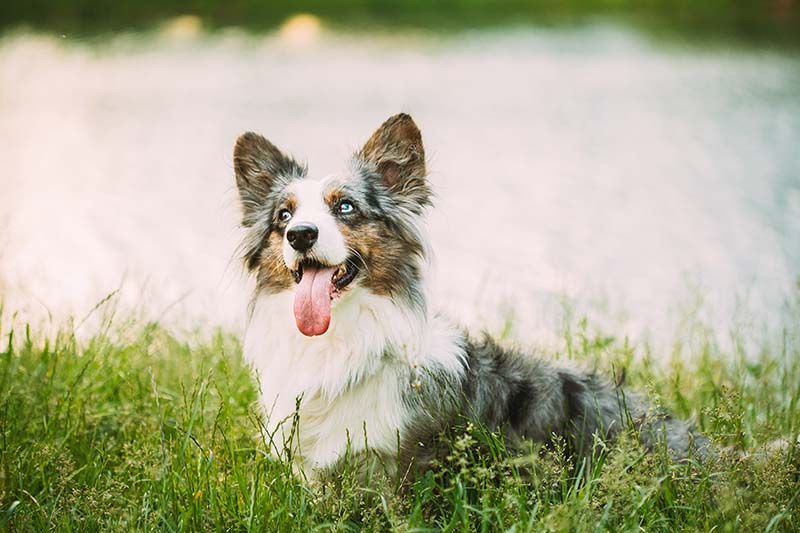

Final Thoughts
The history of the Cardigan Welsh Corgi is just as fascinating as the dogs themselves. This ancient breed is a survivor, staying in the public eye despite losing their historic job as a herding animal. These pups have retained the traits that made them successful in the field: loyalty, hardiness, and a big bark. It’s easy to see why many enthusiasts have fallen in love with this little charmer.
Featured Image Credit: Serova_Ekaterina, Shutterstock

